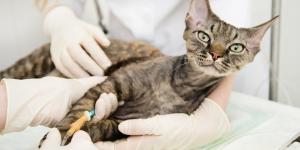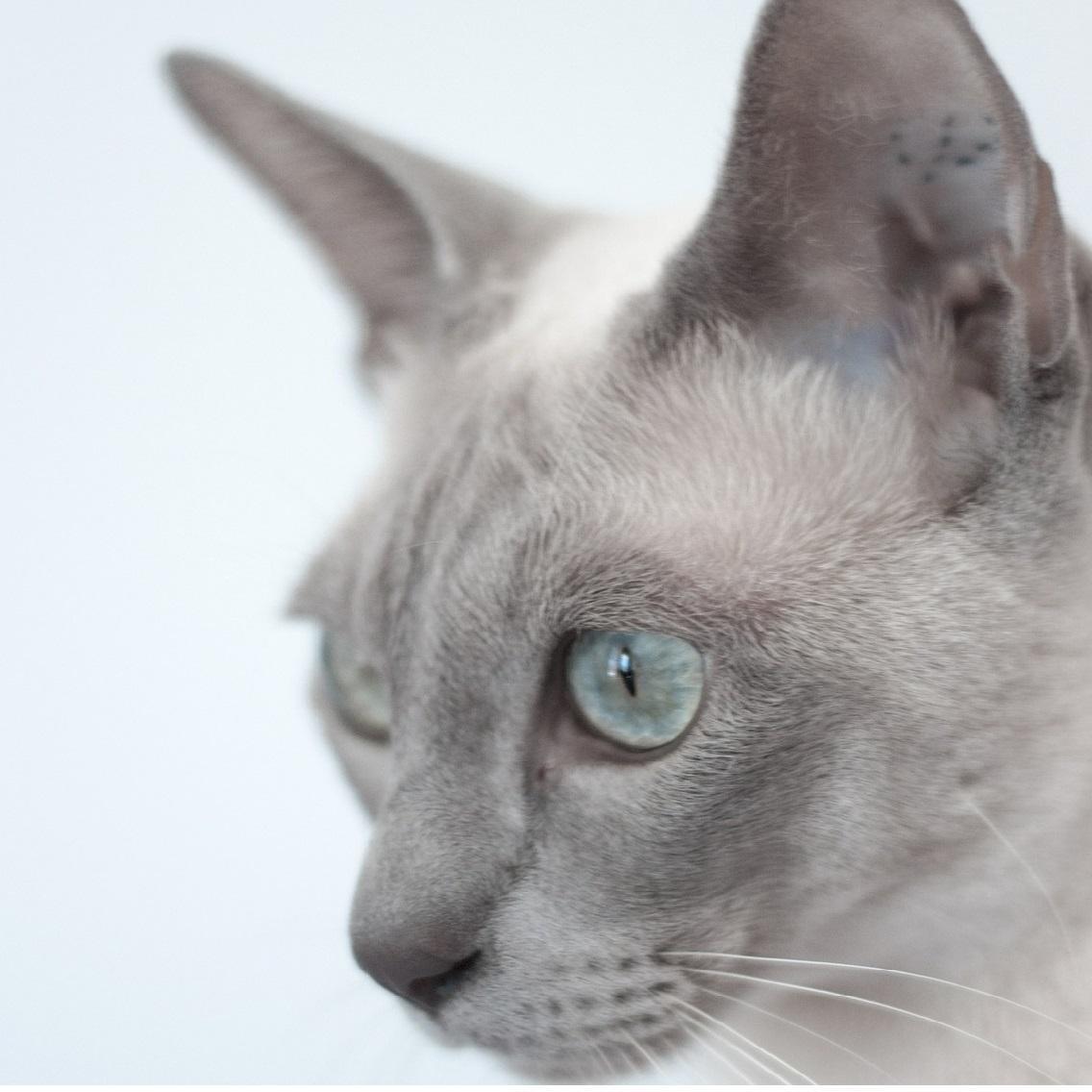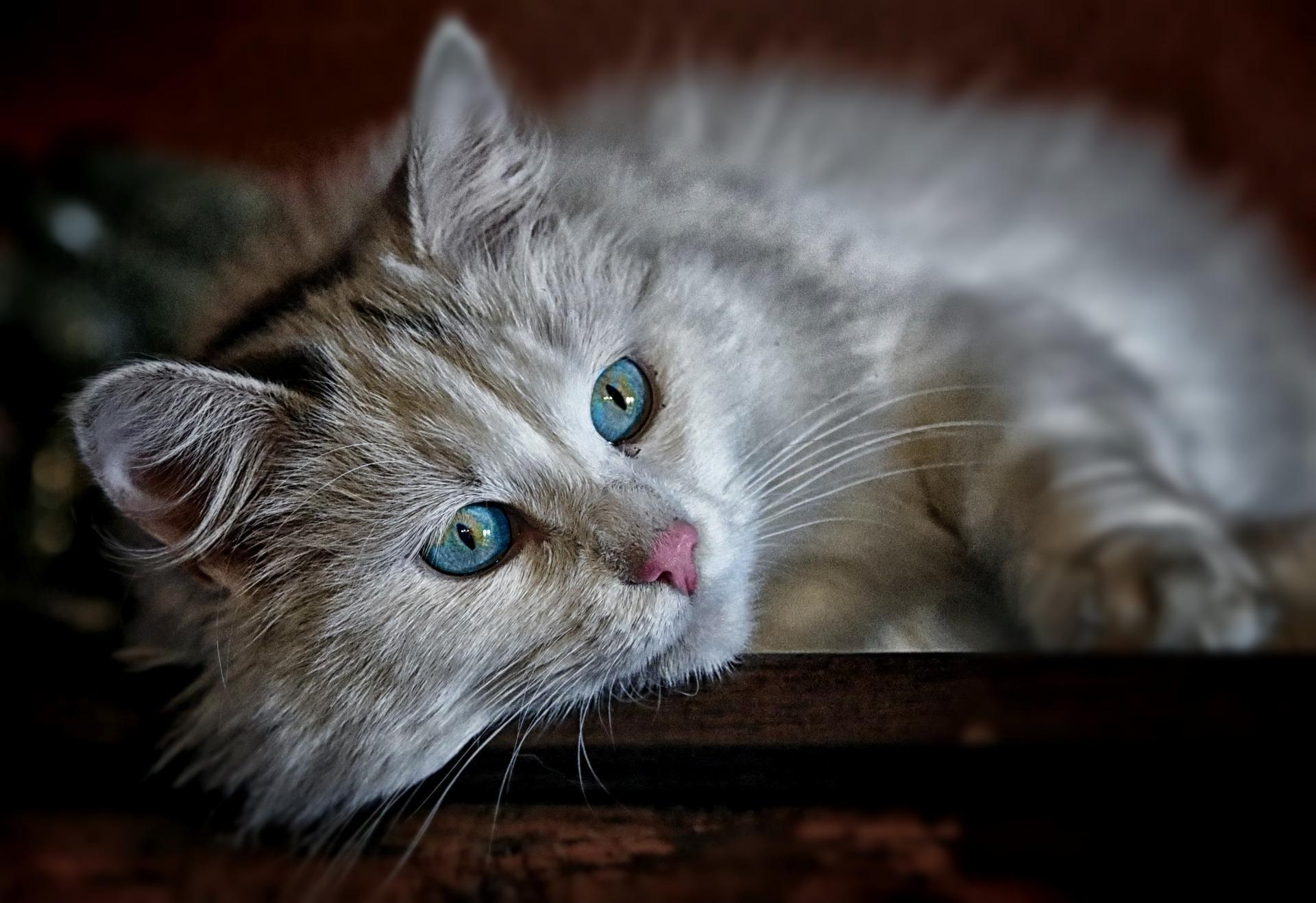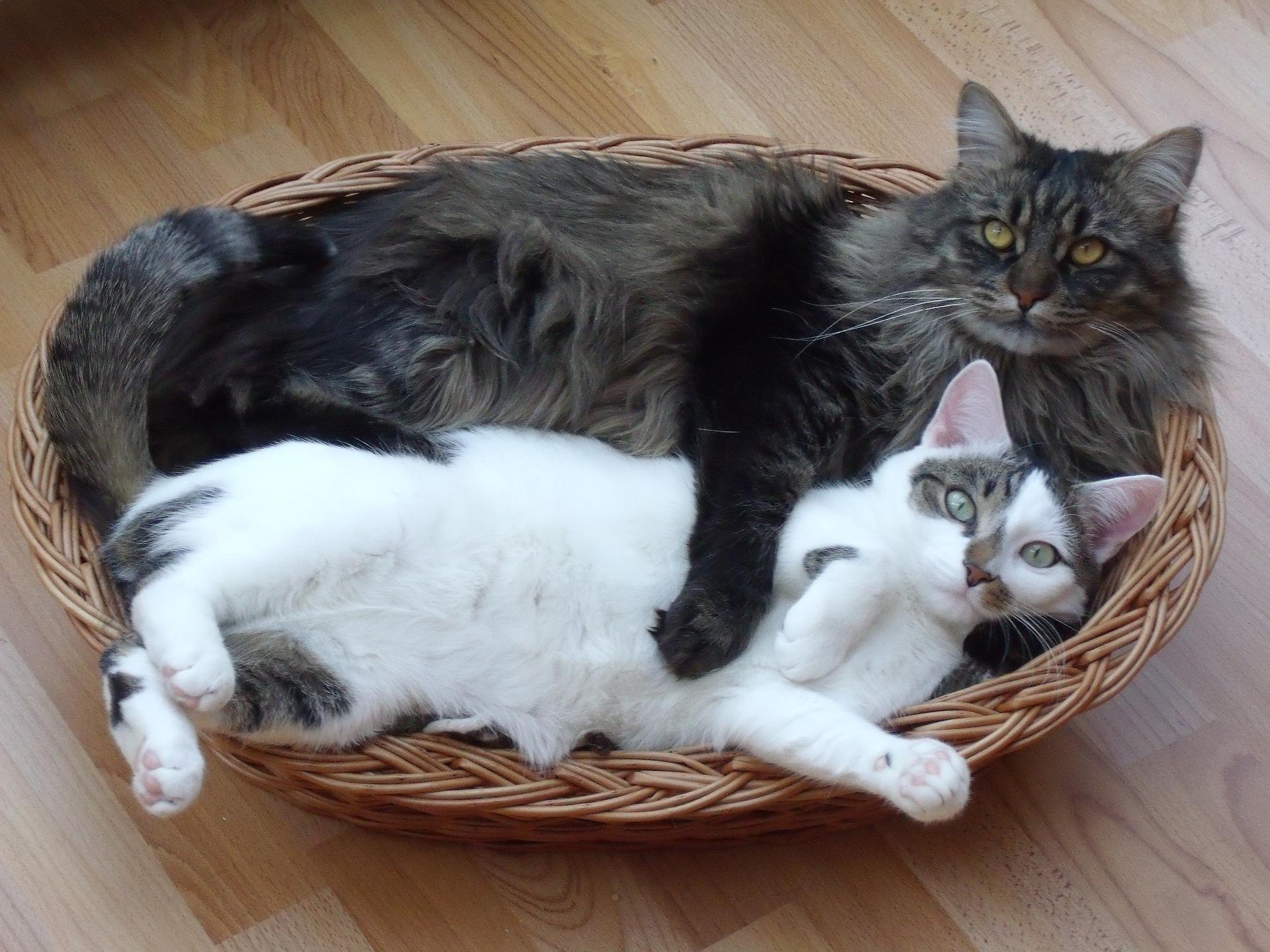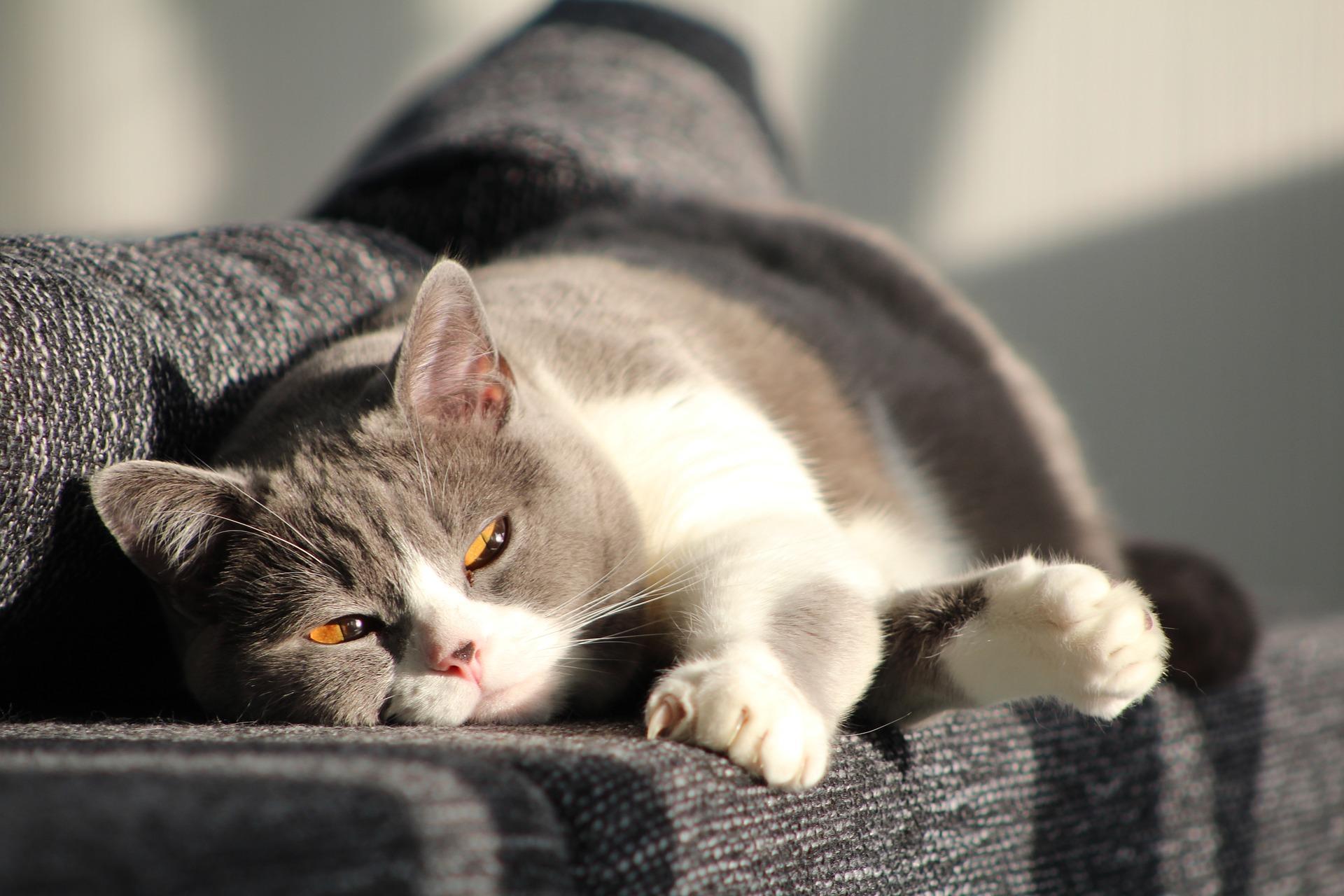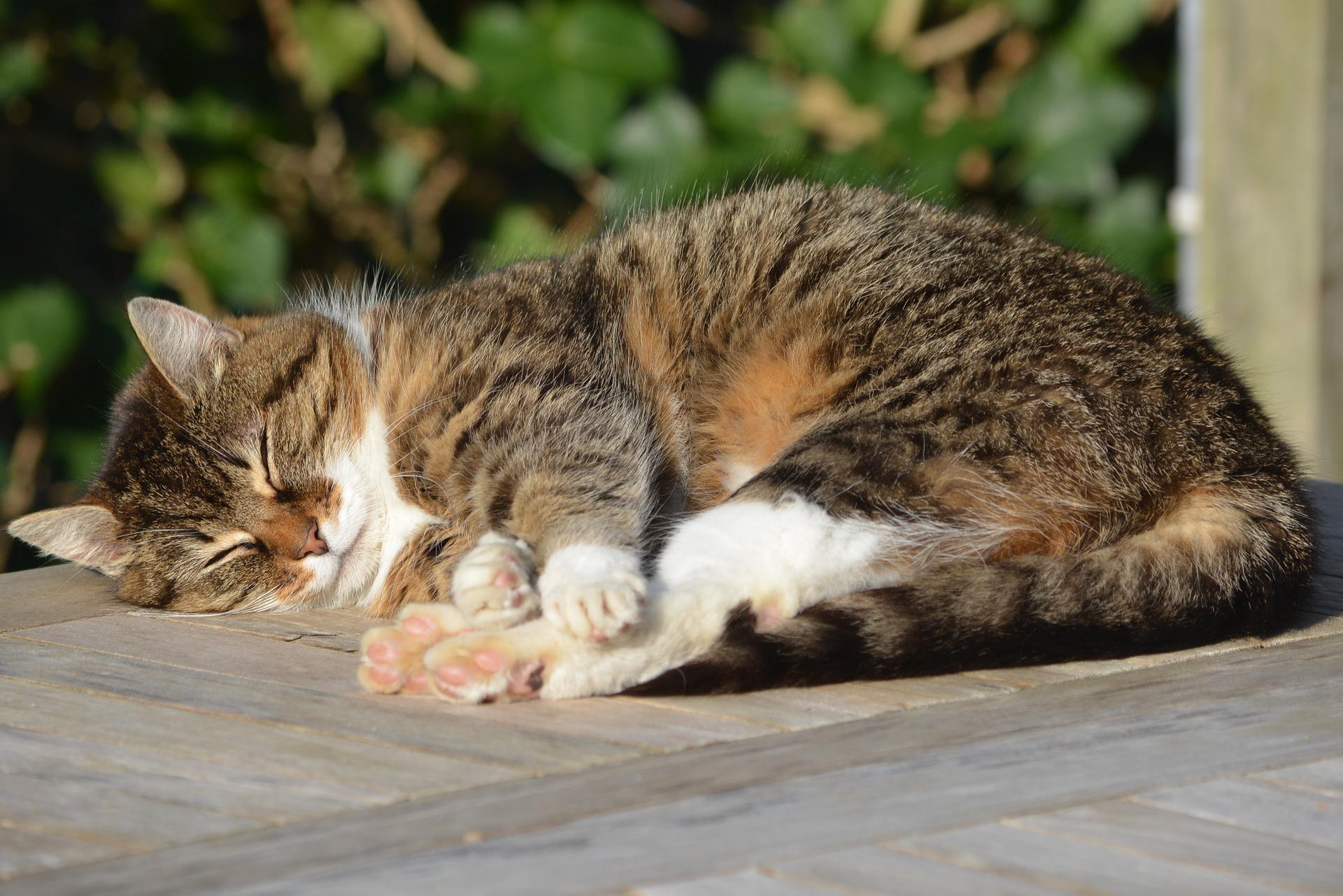Feline Parvovirus



See files for Cats
Feline parvovirus is the virus that causes feline panleukopenia. This disease is quite serious, and if left untreated it can end your cat's life in a short time. It can affect cats of all ages, and it's highly contagious.
It is important to know the symptoms, and it's even more important to protect your cat by vaccinating it, since this is the only way of preventing feline parvovirus. Very young kittens should avoid contact with other cats until they have received all their vaccines. If you follow the proper vaccination schedule, you will avoid most of the common diseases in cats.
This AnimalWised article will explain all about feline parvovirus, including the ways of infection, its main symptoms and most common treatment.
What is feline parvovirus?
Feline parvovirus is the virus that causes feline panleukopenia. This is a highly contagious disease, and it's also very dangerous. It is also known as feline infectious enteritis, cat fever or feline ataxia.
This virus is found in the air, in the environment. This means that at some point in their lives, all cats will be exposed to it. It is important to vaccinate your cat against this disease, as it can be fatal.
The parvovirus incubation period in cats is 3-6 days. After that, the disease will get progressively worse over the course of 5-7 days. It is essential to diagnose it as early as possible in order to fight against it.
Parvovirus affects normal cell division, and causes damage to the cat's bone marrow and intestines. It weakens the immune system, causing a decrease in the number of white blood cells, which are essential in combating the disease. The amount of red blood cells also decreases, causing anemia and weakness.

How is feline parvovirus contracted?
Sick cats should be kept isolated, because the disease is highly contagious. Their feces, urine, secretions, and even fleas carry the virus.
As mentioned before, the virus is in the environment. Although the cat may be cured, everything that it has come into contact with is infected. In addition, the virus is very resistant and can stay in the environment for months. Therefore, you must clean everything the infected cat has used including the litter box, toys and all areas where it likes to lie down. You can use bleach diluted in water or consult your veterinarian about professional disinfectants.
Feline parvovirus does not affect humans,but you must adhere to hygiene measures in order to eliminate the virus from the environment. You should keep young, sick or unvaccinated cats away from other cats or those who have had the disease a few months earlier.
The best way to avoid infection is prevention. Above all, always vaccinate your cat against parvovirus.

Feline panleukopenia symptoms
The most common symptoms of parvovirus in cats are:
- Fever
- Vomiting
- Weakness and fatigue
- Diarrhea
- Bloody feces
- Anemia
Vomiting and diarrhea can be severe, and your cat can become dehydrated very quickly. It is essential that you act quickly and take your cat to the veterinarian when you notice the first symptoms.
Although a cat vomiting is not so rare, feline panleukopenia is characterized by constant vomiting and considerable weakness.

Treatment of feline panleukopenia
Just like other viral diseases, there is no specific treatment for feline parvovirus. It cannot be cured, and the only thing you can do is reduce and ease the symptoms and counteract dehydration so that the cat overcomes the disease on its own.
Very young kittens or those with an advanced stage of the disease have a very low survival rate. When you notice the symptoms of the disease, you must go immediately to your veterinarian.
Normally, the cat will have to be hospitalized so that proper treatment can be provided. The cat is treated for dehydration and malnutrition, and most importantly, the spread of other diseases is prevented. In addition, the temperature of their body will be controlled.
Since feline parvovirus affects the immune system, infected cats are more likely to contract other viral or bacterial infections. Therefore, we insist on going to the vet, as well as taking precautions to prevent the disease from getting worse.
When your cat comes home, have a warm and comfortable place ready and give it lots of cuddles until it recovers. Once your cat has overcome the disease it will become immune to it. Remember to clean all your cat's things to prevent other cats from getting infected.

This article is purely informative. AnimalWised does not have the authority to prescribe any veterinary treatment or create a diagnosis. We invite you to take your pet to the veterinarian if they are suffering from any condition or pain.
If you want to read similar articles to Feline Parvovirus, we recommend you visit our Viral diseases category.

